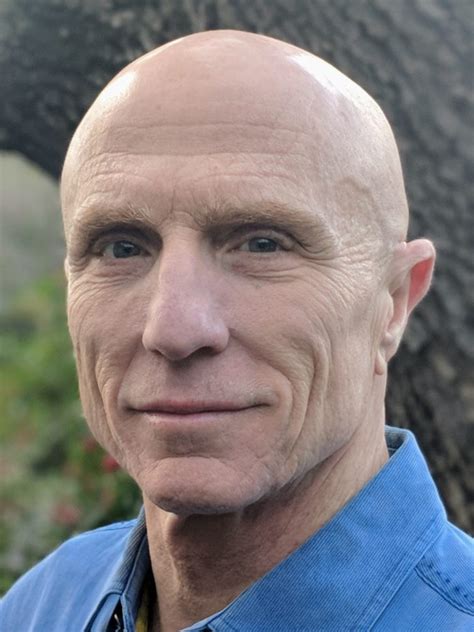A Quote by John Manley
What caused 2008, in my opinion, is that people just didn't see the risk. These people that took on all this risk didn't think they had it - they thought they hedged it all away. As long as there's a perception of risk, and a culture of looking for risk, it's going to be hard to deflate us.
Related Quotes
To laugh is to risk appearing a fool. To weep is to risk appearing sentimental. To reach out to another is to risk involvement. To expose feelings is to risk exposing your true self. To place your ideas and dreams before a crowd is to risk their loss. To love is to risk not being loved in return. To hope is to risk pain. To try is to risk failure. But risks must be taken, because the greatest hazard in life is to risk nothing.
The risk of working with people you don't respect; the risk of working for a company whose values are incosistent with your own; the risk of compromising what's important; the risk of doing something that fails to express-or even contradicts--who you are. And then there is the most dangerous risk of all--the risk of spending your life not doing what you want on the bet that you can buy yourself the freedom to do it later.
Managing risk is a key variable, frankly, all aspects of life, business is just one of them, and one of the things that most people do in terms of managing risk, that's actually bad thinking, is they think they can manage risk to zero. Everything has some risk to it. You know, you drive your car down the street, a drunk driver may hit you. So what you're doing is you're actually trying to get to an acceptable level of risk.
The church seeks to help form people who can risk being peaceful in a violent world, risk being kind in a competitive world, risk being faithful in an age of cynicism, risk being gentle among those who admire the tough, risk love when it may not be returned, because we have the confidence that in Christ we have been reborn into a new reality.
People are used to dealing with risk. You are told if you smoke, you are at higher risk of lung cancer. And I think people are able to also understand, when they are told they are a carrier for a genetic disease, that is not a risk to them personally but something that they could pass on to children.
The average American thinks billionaire investors are going to be right based on some talking head. They invest and they have no backup plan. Americans think these guys are giant risk-takers. The truth is they believe in taking as little risk as humanly possible, for the maximum amount of upside. They're looking for that spread of disproportionate risk-reward.




































